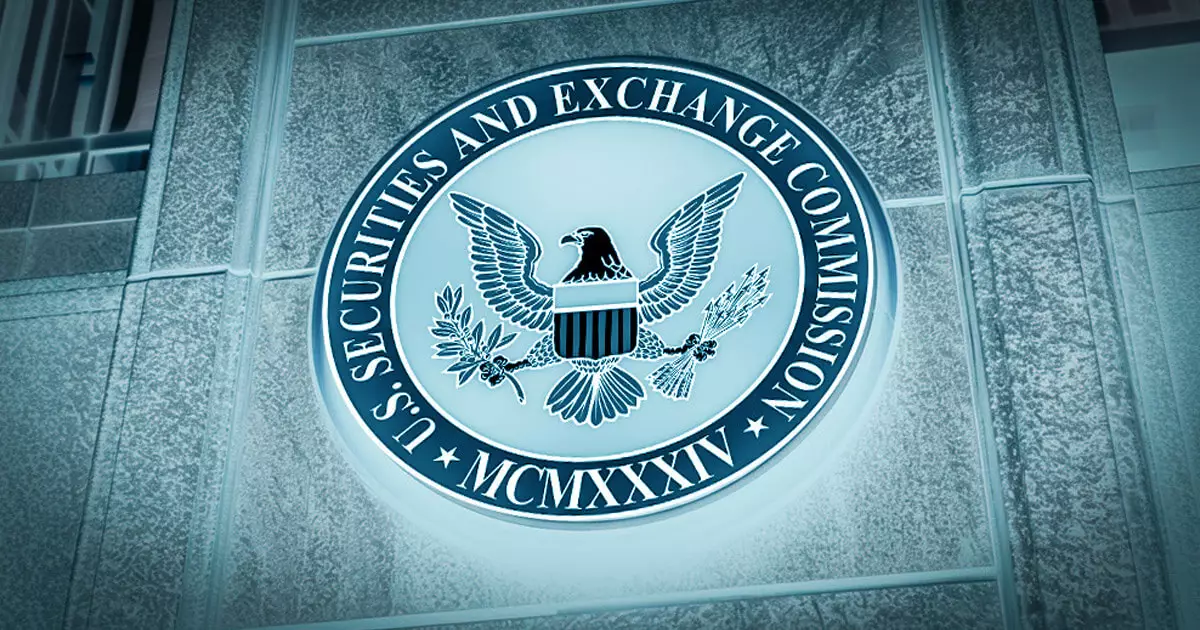The cryptocurrency industry has often operated in a gray area, where innovation and regulatory compliance rarely align. The case involving Mango Markets significantly underscores this tension. On September 27, the U.S. Securities and Exchange Commission (SEC) announced a settlement with Mango Markets’ decentralized autonomous organization (DAO) and the Blockworks Foundation, stemming from allegations that both entities were engaged in the sale of unregistered securities. This development is particularly notable in light of the $100 million exploit that compromised Mango Markets in 2022, triggering a much closer examination of its operations.
The terms of the settlement involved hefty penalties: Mango DAO and Blockworks Foundation will pay $700,000 in civil fines, destroy their MNGO tokens, and actively request that crypto exchanges remove these tokens from their listings. Additionally, a commitment was made to cease any future marketing of these tokens. A significant aspect of this settlement is that it does not require either party to admit or deny the SEC’s allegations, which indicates a strategic maneuver to alleviate ongoing legal pressures without conceding fault. The settlement is currently awaiting court approval and emerged after a community vote within Mango DAO favored settling with the SEC.
Interestingly, this case does not exist in isolation. Just a month after the SEC settlement, Mango Markets proposed a separate settlement of $500,000 with the Commodity Futures Trading Commission (CFTC) related to their ongoing investigation. This dual scrutiny from both the SEC and CFTC reflects the multifaceted nature of regulatory oversight in the crypto environment. The complaints primarily exploited the legal nuance surrounding the characterization of digital assets. They claimed that Mango DAO had raised substantial funds—over $70 million—through the sale of MNGO governance tokens, which the SEC classified as violations of the Securities Act of 1933.
What stands out in the SEC’s indictment is the unyielding stance on the regulatory treatment of DAOs. The SEC explicitly articulated that a DAO’s label does not exempt it from the prevailing securities laws. This statement is pivotal, as it sets a precedent for future engagements with decentralized platforms. The commission also emphasized that merely utilizing automated systems and open-source technology does not relieve operators of their legal responsibilities.
The ongoing situation with Mango Markets serves as a crucial touchpoint in the broader discussion of regulatory frameworks in the cryptocurrency sector. The case symbolizes the SEC’s intensified efforts to impose regulatory compliance in a space that has historically prided itself on decentralization and autonomy. Stakeholders in the crypto sphere must take heed of these developments, as they may herald more extensive and stringent regulations aimed at ensuring greater accountability and consumer protection. As the landscape evolves, both investors and innovators need to navigate this intersection of technology and regulation with increasing sagacity and caution.


Leave a Reply